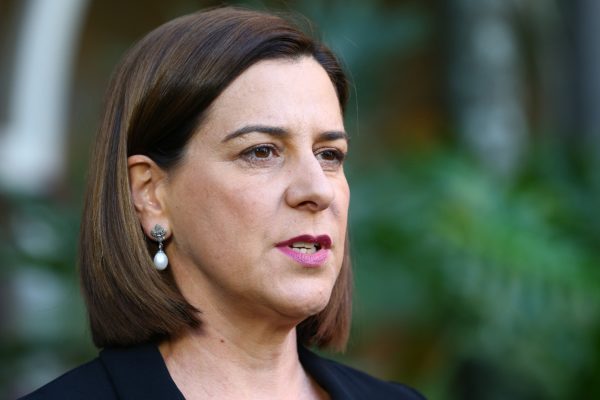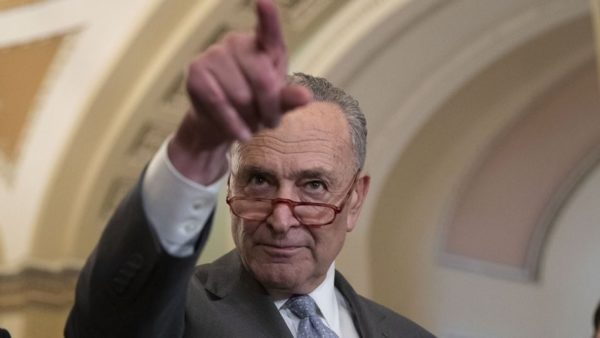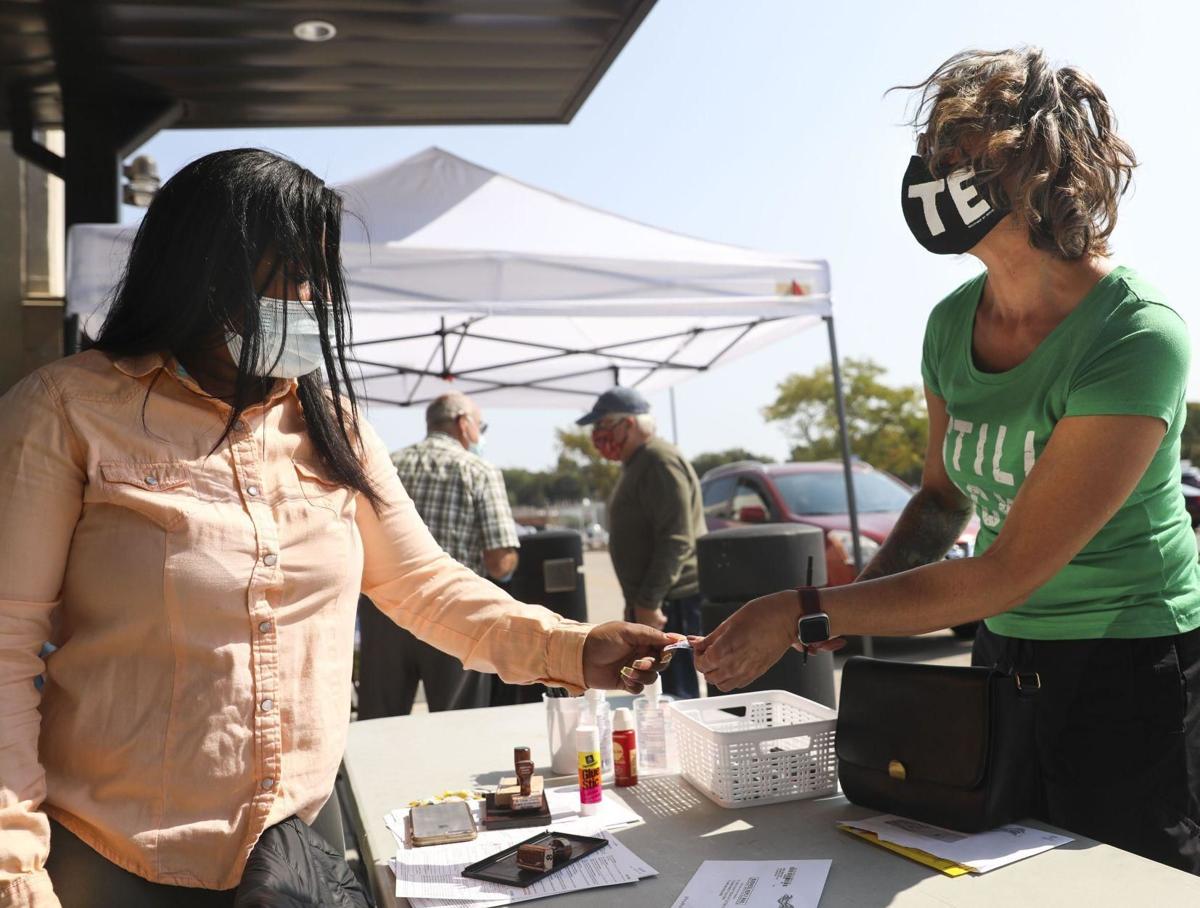Advertisement
A fight over a Manhattan grand jury subpoena could yield a major decision on presidential power.

WASHINGTON — President Trump asked the Supreme Court on Thursday to bar his accounting firm from turning over eight years of his tax returns to Manhattan prosecutors.
The case, the first concerning Mr. Trump’s personal conduct and business dealings to reach the court, could yield a major ruling on the scope of presidential immunity from criminal investigations.
Jay Sekulow, a lawyer for Mr. Trump, said a federal appeals court had committed a grave legal error in allowing the accounting firm to provide the tax records. “We are hopeful that the Supreme Court will grant review in this significant constitutional case and reverse the dangerous and damaging decision of the appeals court,” Mr. Sekulow said in a statement.
In their petition urging the Supreme Court to hear their appeal, Mr. Trump’s lawyers argued that he was immune from all criminal proceedings and investigations so long as he remained in office. But even if some federal investigations may be proper, the petition said, the Supreme Court should rule that state and local prosecutors may not seek information about a sitting president’s conduct.
“That the Constitution would empower thousands of state and local prosecutors to embroil the president in criminal proceedings is unimaginable,” Mr. Trump’s lawyers wrote.
Much of the petition was devoted to a plea that the justices hear the case. If they turn it down, the accounting firm has indicated that it will supply the requested records.
Mr. Trump’s lawyers noted that the Supreme Court heard cases concerning claims of immunity from Presidents Richard M. Nixon and Bill Clinton.
“The court should do the same here,” the petition said. “Whether the Constitution permits an assertion of this kind of authority over the chief executive raises a momentous question of first impression about the scope of presidential immunity.”
In the two earlier cases, United States v. Nixon in 1974 and Clinton v. Jones in 1997, both presidents suffered unanimous losses.
Last week, a unanimous three-judge panel of a federal appeals court in Manhattan ruled against Mr. Trump. The court, in a focused ruling, said state prosecutors may require third parties to turn over a sitting president’s financial records for use in a grand jury investigation.
Mr. Trump has fought vigorously to shield his financial records, and prosecutors in Manhattan have agreed not to seek the tax returns until the case is resolved by the Supreme Court. In exchange, they insisted on a very quick briefing schedule, one that would allow the court to announce whether it would hear the case as soon as next month and to issue a decision by June, as the presidential election enters its final stages.
Other cases involving Mr. Trump are also in the pipeline. They involve matters as diverse as demands from House Democrats for tax and business records, a request for access to redacted portions of the report prepared by Robert S. Mueller III, the special counsel, and challenges to Mr. Trump’s business arrangements under the Constitution’s emoluments clauses.
On Wednesday, the full United States Court of Appeals for the District of Columbia Circuit refused to rehear a ruling from a divided three-judge panel that Mr. Trump’s accounting firm must comply with the House Oversight and Reform Committee’s demands for eight years of his financial records. A lawyer for Mr. Trump said he would appeal that ruling to the Supreme Court, too.
The legal fight in the New York case began in late August after prosecutors in the office of the Manhattan district attorney, Cyrus R. Vance Jr., a Democrat, subpoenaed Mr. Trump’s accounting firm, Mazars USA, for his tax returns and those of his family business dating to 2011.
In Thursday’s filing, Mr. Trump’s lawyers called that move unprecedented.
“For the first time in our nation’s history,” they wrote, “a state or local prosecutor has launched a criminal investigation of the president of the United States and subjected him to coercive criminal process.”
The petition said the subpoena was “politically motivated” and sought information that was not relevant to any legitimate criminal inquiry.
“The practical threat that state criminal process poses to a president cannot be overstated,” Mr. Trump’s lawyers wrote. “State and local prosecutors have massive incentives to target him with investigations and subpoenas to advance their careers, enhance their re-election prospects or make a political statement.”
The Manhattan prosecutors are looking into hush-money payments made to two women just before the 2016 presidential election. Mr. Trump and his company, the Trump Organization, reimbursed his former lawyer and fixer, Michael D. Cohen, for payments he made to the adult film actress Stormy Daniels, who claimed she had an affair with Mr. Trump.
Mr. Cohen was also involved in money paid to Karen McDougal, a Playboy model who also said she had a relationship with Mr. Trump. The president has denied the relationships.
Prosecutors say they need the documents to decide whether the payments violated state laws.
Mr. Trump’s lawyers told the Supreme Court that at least some of the requested documents had nothing to do with Mr. Vance’s investigation.
“The grand jury subpoena to Mazars,” they wrote, “is not tailored to the 2016 payments and business records he claims to be investigating. It seeks reams of the President’s confidential information, reaches back to 2011, and asks for documents — like those relating to a hotel in Washington, D.C. — that have nothing to do with New York.”
Mr. Vance’s office, the petition said, “just photocopied congressional subpoenas relating to federal issues that New York County has no authority to investigate, and sent it to Mazars.”
A spokesman for Mr. Vance declined to comment on Thursday’s filing beyond saying that his office planned to file a brief opposing Supreme Court review next week.
In September, Mr. Trump’s lawyers sued to block the subpoena, arguing that criminal investigations of presidents are barred by the Constitution. They said sitting presidents are not only protected from being indicted, a proposition that is widely but not universally accepted, but also cannot be subjected to the burdens of criminal investigations, especially from local prosecutors who may use the criminal process for political gain.
When the case was argued last month before the United States Court of Appeals for the Second Circuit, Judge Denny Chin asked about a statement Mr. Trump had once made — that he could stand on Fifth Avenue and shoot someone without political fallout.
Judge Chin asked William S. Consovoy, a lawyer for Mr. Trump, about the legal consequences of such a hypothetical crime.
“Local authorities couldn’t investigate?” Judge Chin asked, adding: “Nothing could be done? That’s your position?”
“That is correct,” Mr. Consovoy said. “That is correct.”
In a footnote to last week’s decision, Chief Judge Robert A. Katzmann, writing for the appeals court panel, said allowing a grand jury to inspect tax returns did not seem likely to impose a burden on Mr. Trump’s ability to fulfill his constitutional responsibilities.
“We note that the past six presidents, dating back to President Carter, all voluntarily released their tax returns to the public,” Judge Katzmann wrote. “While we do not place dispositive weight on this fact, it reinforces our conclusion that the disclosure of personal financial information, standing alone, is unlikely to impair the president in performing the duties of his office.”
Judge Katzmann noted that Mr. Trump had conceded that his immunity would last only as long as he held office.
“There is no obvious reason why a state could not begin to investigate a president during his term and, with the information secured during that search, ultimately determine to prosecute him after he leaves office,” he wrote.
On Thursday, Mr. Trump’s lawyers wrote that the proper way to address any misconduct by a sitting president is through impeachment proceedings. “Allowing a single prosecutor to investigate a sitting president through the issuance of criminal process no less invades Congress’s impeachment authority than the filing of a criminal charge,” they wrote.



